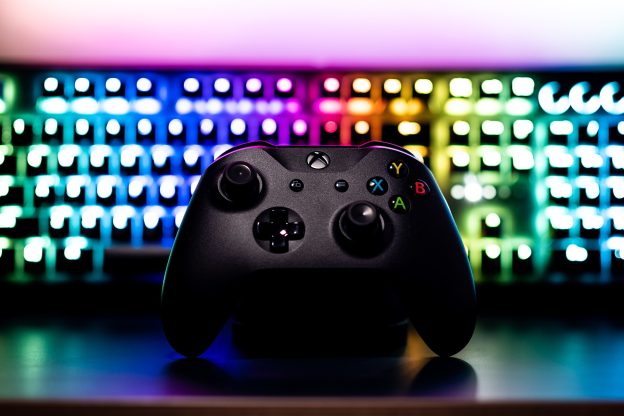Stephen Vinson – Microsoft took another gigantic step in its journey to become one of the largest gaming companies in the world earlier this year after it announced its intention to acquire Activision, the makers of the “Call of Duty,” currently the third highest-selling gaming franchise in history. The purchase price–a whopping $68.7 billion–is the highest price paid for a studio in the history of gaming. The all-cash acquisition would also be Microsoft’s most expensive acquisition across all industries and would become the largest all-cash acquisition ever. The purchase price makes Microsoft the third largest video game presence behind Sony and Tencent. From Microsoft’s perspective and initial outlook from investors, the deal is a great fit. Microsoft’s balance sheet indicates $137 billion in cash, and Microsoft is likely to generate over $50 billion in free cash flow during the fiscal year. The deal does not need financing. However, this acquisition will not occur without ruffling a few feathers and climbing some legal hurdles.
The Activision acquisition has caught the attention of United States lawmakers and federal regulatory agencies. In March, the Federal Trade Commission (FTC) requested more information regarding the proposed deal as it starts its antitrust review of the proposed transaction, which has been more carefully scrutinizing tech company acquisitions. Microsoft has already taken a few steps in hopes of alleviating potential antitrust concerns. Earlier this year, Microsoft’s president Brad Smith announced a new set of guidelines for Microsoft’s app stores. Smith stated that Microsoft has responded to antitrust concerns in the past and believes “it’s possible to adapt to new rules and innovate successfully.” Smith claimed that the Microsoft stores would promote quality and safety for developers and gamers and would hold its stores to the same standards as those of competing apps. Microsoft, by trying to give developers the time and freedom to choose the stores they want to use, clearly has begun pleading its case that this acquisition should be permitted by regulators. Microsoft has also filed a 100+ page document to the US Securities and Exchange Commission (SEC) outlining all details of who is involved, any financial or tax implications, and many other terms of the agreement. Smith stated in February that Microsoft seeks the approval of the deal in 17 jurisdictions.
The potential deal, which Microsoft expects to close in mid-2023, is further complicated by its timing. The elephant in the room with the timing of this deal is the recent backlash and controversy aimed at Activision created by a sexual harassment scandal that occurred just prior to talks between Activision and Microsoft. It appears Microsoft knew the timing would help a deal, as Activision’s shares dropped more than 37% before the deal was announced. For Activision investors, this deal may be seen as a lifeline, but some Activision shareholders have not fully embraced the deal. As of late January, Activision shares were trading at a 14% discount ($82) to Microsoft’s offer of $95 per share. Two Activision shareholders have filed suit against Activision, claiming the deal is not in the best interest of the company and alleging violations of the Securities Exchange Act.
There are a lot of angles and risks to consider for investors of both companies. Microsoft’s premier risk is the federal government deciding to make an example of the merger on grounds that tech companies are big enough and should not be bigger as is. The FTC Chairperson Lina Khan has pledged to crack down on companies that aim to gain power and reduce competition in the technology sector. This tough stance on tech-industry mergers and acquisitions has also gained bipartisan support in the past couple of years. Because of this scrutiny, Barron’s currently forecasting only a 60% chance that the deal will be approved by federal regulators.
Activision shareholders are also expected to vote on the proposed deal on April 28. With many regulatory and internal hurdles that need to be overcome for the deal to come to fruition in the coming year or so, everyone should keep an eye out for Washington’s treatment of the deal. The Activision-Microsoft deal will reveal a lot of valuable information about how and to what extent federal regulators will limit mergers and acquisitions among tech mega giants.


